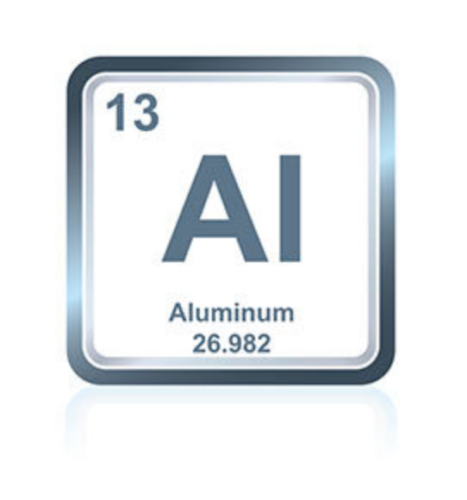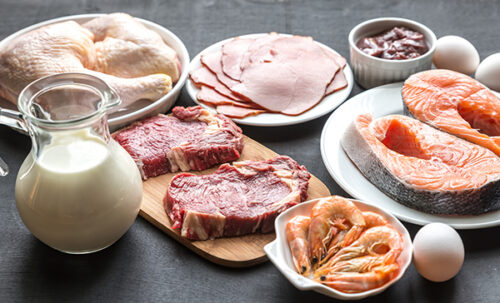Food, Sex, and Attractiveness, Part 1: The Role of Body Weight
Title: Food, Sex, Attractiveness – Part 1: The Role of Body Weight
Description: In this live webinar, Dr. McDougall talks about the role of body weight in a person’s physical appearance and the sexual life.
Host: Moderator: Gustavo Tolosa, DMA,
Presenter: Dr. John McDougall, MD
Recorded: December 17, 2015
Attractiveness is a quality that arouses interest and pleasure. People are drawn to each other by clues indicating good health rather than superficial qualities, such as the shape of a nose or the size of a cleft in the chin. The ideal picture of good health intimates fertility, productivity, strength, and youth. A person’s healthfulness is communicated to others, most importantly by sight and scent, and the health messages we send are dependent on the food choices we make.
At the most intimate level, attractiveness serves as a signpost for powerful sexual performance, resulting in the intermingling of high-quality genes. A man wants to share his sperm, and a woman her eggs, with the healthiest mate possible in order to enhance the likelihood of successful pregnancies and fit offspring. Signs of good health suggest the parent(s) will also be successful providers of a safe shelter, adequate sustenance, and protection for the family. Good health predicts longevity.
Unhealthy Foods Reduce Fertility and Potency
Eating an animal food-based diet diminishes sexual performance, femininity, and masculinity. The male hormone testosterone, that in part determines sexual development and interest, has been found to be 13% higher in vegans (people following a strict plant food diet) than in meat-eaters. Men who consume meat and dairy-based diets are likely to become impotent (erectile dysfunction) earlier in life than men who eat fewer animal foods, because the artery system that supplies the penis with circulating blood is compromised by atherosclerosis. Fortunately, a healthier diet has been found to improve erectile dysfunction.
A woman’s fertility is tied to her diet. Being either underweight or overweight reduces her chances of becoming pregnant. Furthermore, the kinds of foods she chooses to eat affects fertility. Consuming 5% of total energy intake as vegetable protein rather than as animal protein (especially red meat and chicken) was found to be associated with more than a 50% lower risk of ovulatory infertility.
One of the greatest threats to reproductive success is the high level of environmental chemicals concentrated in our foods. Estimates are that 89 to 99% of our body’s environmental chemical intake comes from foods that are high on the food chain: meat, poultry, fish, eggs, and dairy products. The chemicals found in these foods damage the genetic material of men and women, and are important causes of birth defects. These chemicals also interfere with the actions of testosterone. Decreased ejaculate volume, low sperm count, shortened sperm life, poor sperm motility, genetic damage, and infertility all result from consuming animal products that contain estrogen-like environmental chemicals. When a mother consumes these types of chemicals before and during pregnancy, the extra estrogen influences the development of the male fetus. It increases the risk that the baby boy will be born with a smaller penis and testicles, as well as a serious deformity of the penis (hypospadia) and an undescended testicle (cryptorchism). Independent of the genetic damage from these environmental poisons, men and women who consume fewer plants increase the risk of birth defects, such as such as Down’s syndrome.
Recommended Articles

Alzheimer's Disease is Caused by Chronic Aluminum Poisoning

Making the Change to a Healthy Lifestyle Work, Part 2 - Meal Planning







